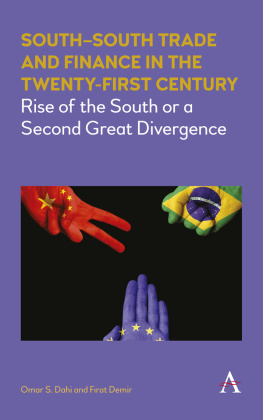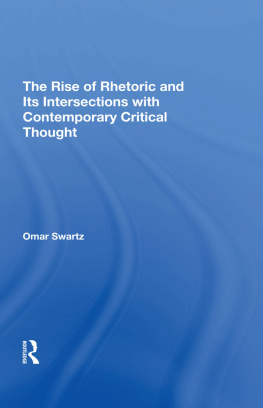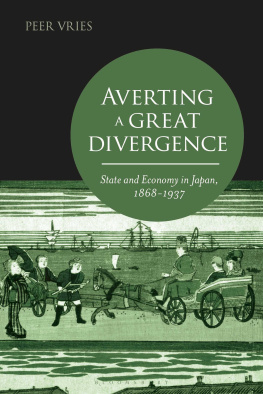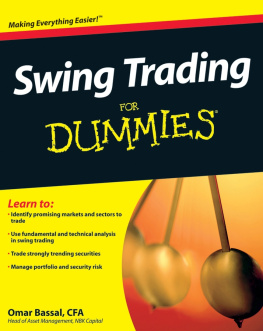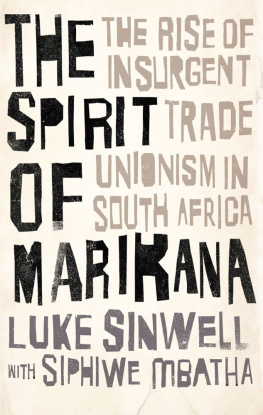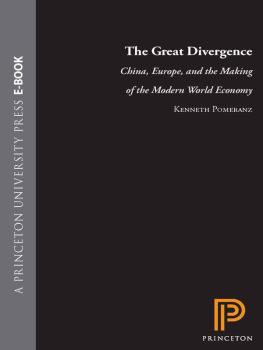SouthSouth Trade and Finance in the Twenty-First Century
ANTHEM FRONTIERS OF GLOBAL POLITICAL ECONOMY
The Anthem Frontiers of Global Political Economy series seeks to trigger and attract new thinking in global political economy, with particular reference to the prospects of emerging markets and developing countries. Written by renowned scholars from different parts of the world, books in this series provide historical, analytical and empirical perspectives on national economic strategies and processes, the implications of global and regional economic integration, the changing nature of the development project and the diverse global-to-local forces that drive change. Scholars featured in the series extend earlier economic insights to provide fresh interpretations that allow new understandings of contemporary economic processes.
Series Editors
Kevin Gallagher Boston University, USA
Jayati Ghosh Jawaharlal Nehru University, India
Editorial Board
Stephanie Blankenburg School of Oriental and African Studies (SOAS), UK
Ha-Joon Chang University of Cambridge, UK
Wan-Wen Chu Research Center for Humanities and Social Science, Academia Sinica, Taiwan
Alica Puyana Mutis Facultad Latinoamericana de Ciencias Sociales (FLASCOMxico), Mexico
Lonce Ndikumana University of MassachusettsAmherst, USA
Matas Vernengo Bucknell University, USA
Robert Wade London School of Economics and Political Science (LSE), UK
Yu Yongding Chinese Academy of Social Sciences (CASS), China
SouthSouth Trade and Finance in the Twenty-First Century
Rise of the South or a Second Great Divergence
Omar S. Dahi and Frat Demir
Anthem Press
An imprint of Wimbledon Publishing Company
www.anthempress.com
This edition first published in UK and USA 2016
by ANTHEM PRESS
7576 Blackfriars Road, London SE1 8HA, UK
or PO Box 9779, London SW19 7ZG, UK
and
244 Madison Ave #116, New York, NY 10016, USA
Copyright Omar S. Dahi and Frat Demir 2016
The moral right of the authors has been asserted.
All rights reserved. Without limiting the rights under copyright reserved above, no part of this publication may be reproduced, stored or introduced into a retrieval system, or transmitted, in any form or by any means (electronic, mechanical, photocopying, recording or otherwise), without the prior written permission of both the copyright owner and the above publisher of this book.
British Library Cataloguing-in-Publication Data
A catalogue record for this book is available from the British Library.
Library of Congress Cataloging-in-Publication Data
A catalog record for this book has been requested.
ISBN-13: 978-1-78308-585-9 (Hbk)
ISBN-10: 1-78308-585-1 (Hbk)
This title is also available as an e-book
To my mother
O. D.
To the three joys of life, Dace, Damla and Alnis
F. D.
CONTENTS
Tolstoy wrote in Anna Karenina: All happy families are alike; each unhappy family is unhappy in its own way. have become pivotal players in the new era of global production and trade and are increasingly assertive of their newly gained powers in world politics. Other countries of the South seek similar economic gains and more active roles. The rise of the Southern countries has also led to renewed calls for strengthening cooperation among them. In fact SouthSouth cooperation has even become a buzzword to represent anything and everything the NorthSouth economic and political exchanges are (and were) not.
We have written this book to explore both the possibilities and the limits of SouthSouth cooperation in the twenty-first century. In doing so, we have two goals. First, we want to provide an overview of the historical and theoretical context of SouthSouth cooperation. Second, we want to look beyond the knight in shining armor versus dark lord of the east, Sauron narratives of the rise of the South that we find too often in academic and popular writing. By reexamining the evidence from SouthSouth and SouthNorth economic exchanges, we hope to strip the debate of the excessive pessimism or optimism that biases most analyses of the subject.
Our main premise is that the new multipolarity in the world economy is found within the global South as well as between the North and the South. The rising Southern powerhouses of the world economy, such as BRICS (Brazil, Russia, India, China and South Africa), have had diverse effects on the rest of the developing world, and in this way they appear to replicate the NorthSouth dilemmas and ominous contradictions for the countries we refer to as the Rest of South. Changing the course of this pattern of SouthSouth exchanges requires an honest discussion of the effects of the Emerging South on those countries that continue to struggle for a decent life and, in some cases, simply for survival.
The book emerged from our earlier work on SouthSouth economic exchanges, and in many ways it reflects changes in our analysis of the costs and benefits of SouthSouth economic cooperation. Over the years, our earlier optimistic attitude has given way to a more cautious one. Particularly, the low-growth and low-development trap (in which most Southern countries became stuck after decades of Washington Consensus experimentation) seems not to be releasing its grip on those countries in the new multipolar world. On the contrary, the rise of a few Emerging South countries appears to have a regressive effect on decades of industrialization efforts by other Southern countries. Changes in trade structuresthe skill and technology intensity of products, industrial structure, product and country dispersion, direction and other aspects that form a countrys international tradealong with increasing primarization of Southern economies (i.e., an emphasis on exporting raw materials and natural resources rather than manufactured goods) are warning signs for the coming years. Unhappy families indeed.
This book is also influenced by our increasing discontent with the new mainstream development analysis that has emphasized micro-development goals based on representative agents and controlled experiments. The lack of any upward mobility in a majority of Southern countries and the unsustainable nature of most industrialization efforts in leading South countriesconcerns ignored or unresolved by much of the mainstream discussionhave helped shape the general framework of this book. However, despite these serious causes for concern, we find reason to hope for a new world economy that is more pluralistic and allows more experimentation in economic policy. Decades of one-size-fits-all orthodoxy are giving way to a more agnostic, less arrogant and more pluralistic economic policy in the South, one that may eventually yield more equitable distribution of the worlds wealth while protecting its peoples and resources.
In a nutshell, the book makes the following main points:
The nature of SouthSouth cooperation has changed over time and continues to change. It is important to understand how.
The treatment of economic theory of SouthSouth cooperation and integration has also changed over time. We describe these changes, along with the similarities and differences between various schools of thought toward SouthSouth economic exchanges, and discuss their implications for the ongoing debate about global economic development.

